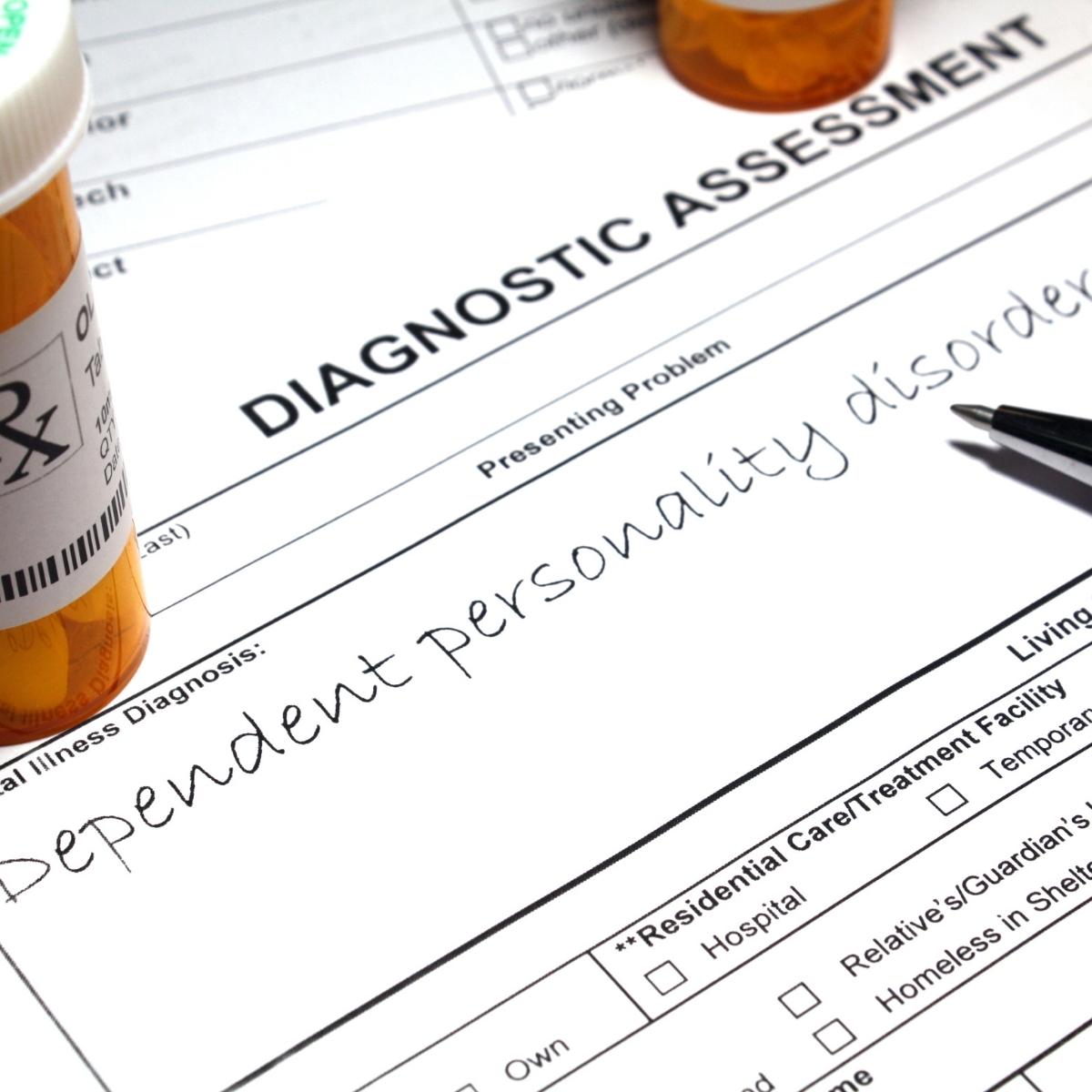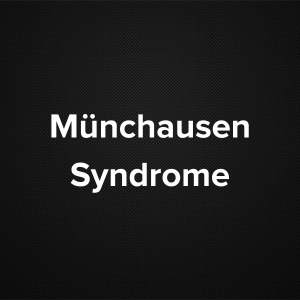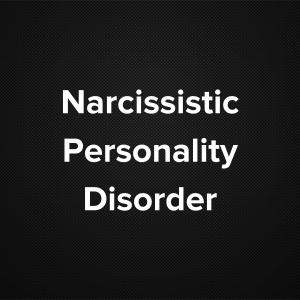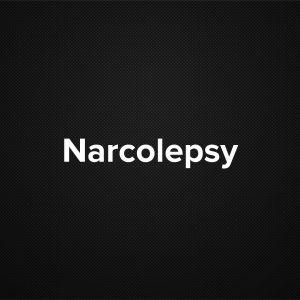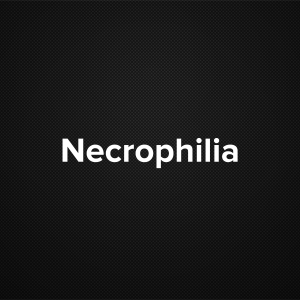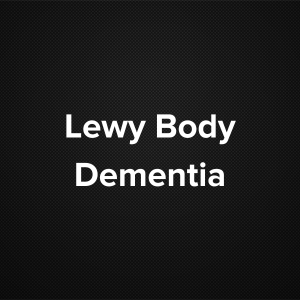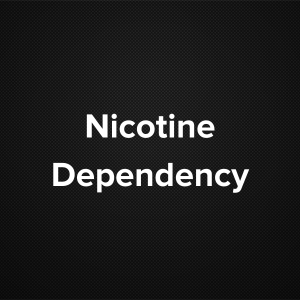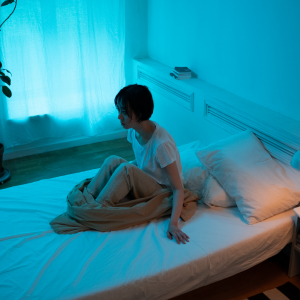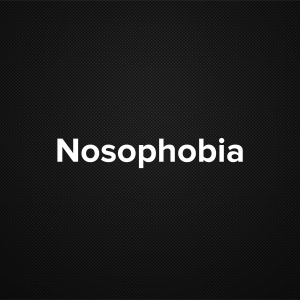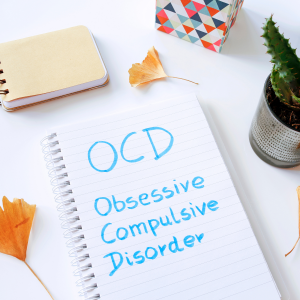Causes and risk factors
The exact cause of dependent personality disorder is not known. Experts believe that a number of factors like biological, social, genetic and psychological play a role in its development.
Clinical presentation
The patient has a feeling of stupidity. Patient is pessimistic, may be feeling stupid relating to criticism and disapproval. It affects cognition, interpersonal functioning, or impulse control. Patient with dependent personality disorder presents with excessive dependency on others for emotional and physical needs; unable to take his own decisions with clinging behavior. There is a fear of separation from the one on whom he or she is dependent. Fear of abandonment with feeling of emptiness and rage is dependent personality disorder. The person is submissive, seeks another relationship. The person has problems expressing disagreements with others. The person avoids personal responsibilities, avoids being alone. Patient may feel devastated or helpless when the relationships end. Patient is unable to meet ordinary demands of life. He is easily hurt by criticism or disapproval. He is extremely passive in relation with other people. They may go to great lengths, even suffering abuse, to stay in the relationship due to their dependency on that person. Along with the symptoms of dependent personality disorder, the person presents with symptoms such as extreme anxiety, fear, mood swings, and hysterical behavior.
Investigation
Medical history by the patient and psychological evaluation by the psychiatrist or psychotherapist helps in diagnosis. Relatives’ history is essential. There is need to differentiate from borderline personality disorder. Fear of abandonment with feeling of emptiness and rage is dependent personality disorder. The person is submissive, seeks another relationship.
Treatment
Psychotherapy is required for treating dependent personality disorder. It involves cognitive behavioral therapy, which teaches relaxation techniques to combat personality disorder. Medications like antidepressants, antianxiety drugs, anticonvulsants, and mood stabilizers help in treatment of the disease.
Other Modes of treatment
The other modes of treatment can also be effective in treating dependent personality disorder. Homoeopathy is a science which deals with individualization and considers a person in a holistic way. This science can be helpful in combating the symptoms. Similarly, the Ayurvedic system of medicine which uses herbal medicines and synthetic derivates are also found to be effective in treating dependent personality disorder.
